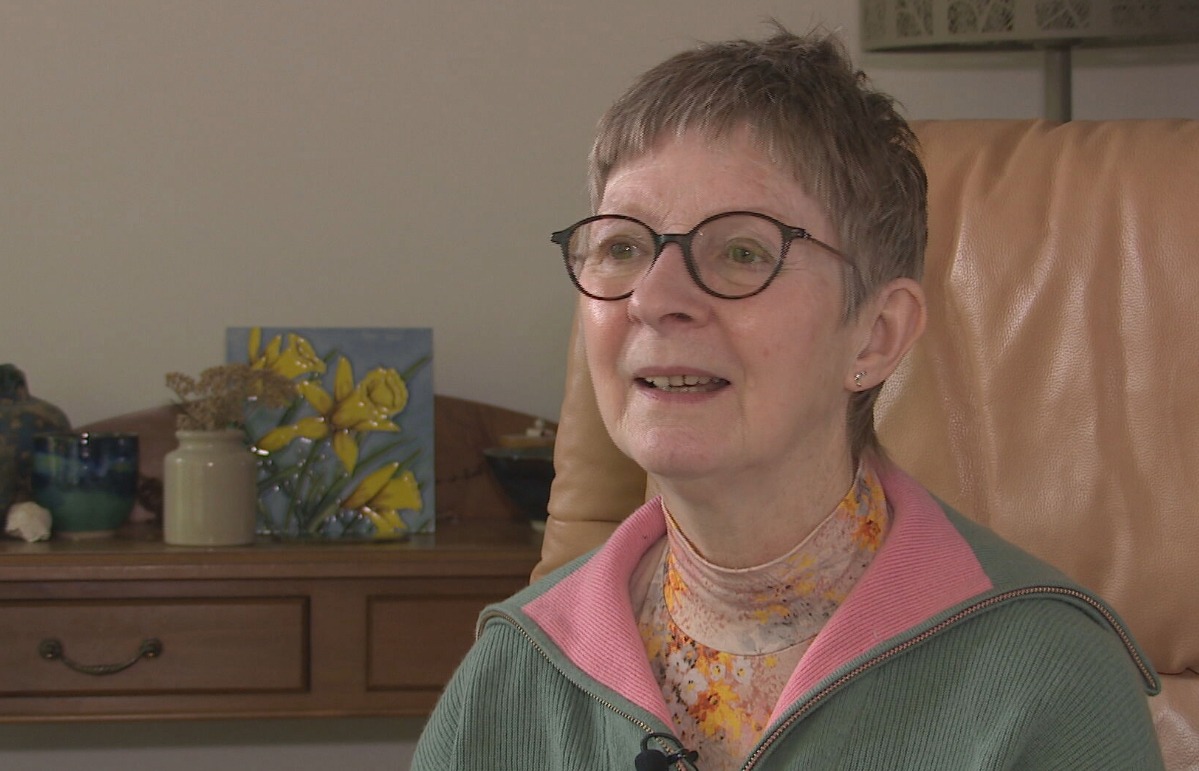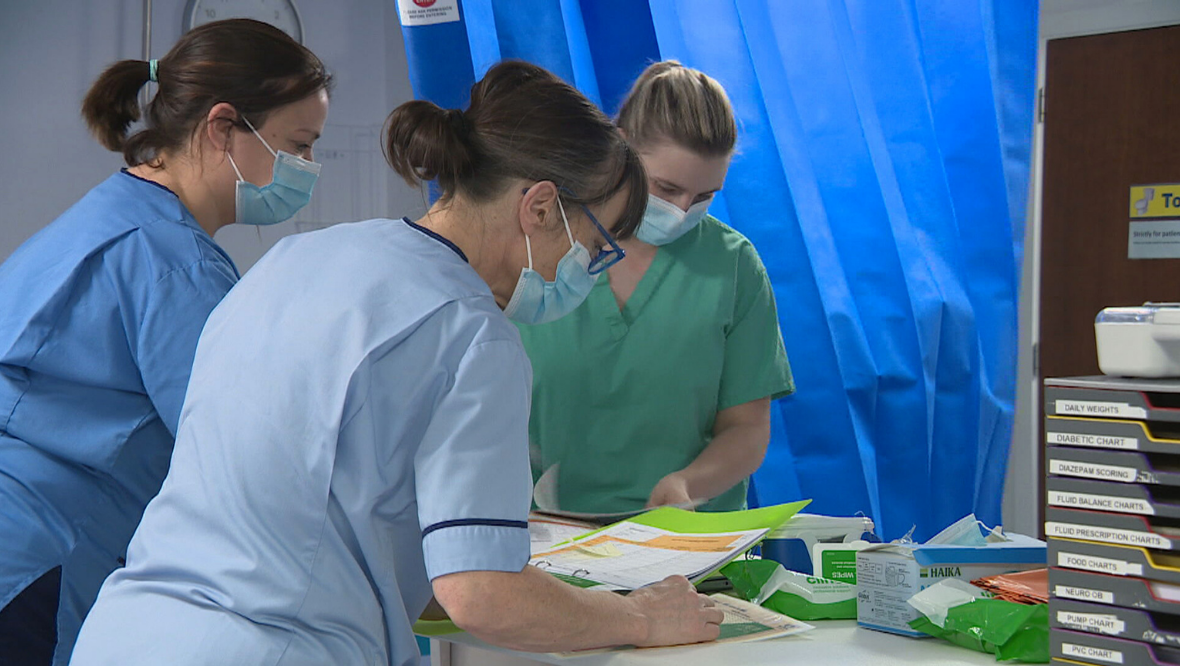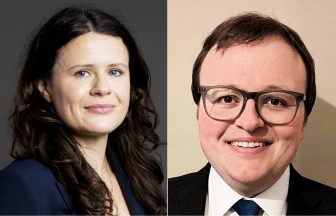A long Covid sufferer has said that the Scottish Government needs to provide “clarity” on the next steps of treatment after new figures revealed that more than 165,000 people are still suffering from the effects of the virus.
The findings, released by the Office for National Statistics (ONS), found that 168,000 had self-reported long Covid as of March 2024.
It comes as the first public hearings took place as part of the third stage of the UK Covid-19 Inquiry last week.
The inquiry is examining the impact of the pandemic on how NHS services were delivered.
Long Covid can be a debilitating condition that causes fatigue, brain fog and breathing problems.
Prevalence was highest among those aged 50 to 69, those living in the most deprived areas, and those whose daily activity is limited by pre-existing health conditions.
Of those who were in hospital when their symptoms began, the most common symptoms reported were weakness or tiredness (78%), 57% had difficulty concentrating, and 54% were struggling with muscle aches.
The study also found that of those in Scotland with self-reported long Covid, around two-thirds had the virus at least one year previously, and one-third at least two years previously.
‘It’s not good enough’
 STV News
STV NewsJane Ormerod, who is in her fifth year with long Covid, said the illness continues to restrict her life.
“My activity levels are very limited”, she told STV News. “I have good days and bad days. I have a lot of migraines, a lot of problems with my joints.
“What I did before – lots of cycling, lots of walking – I can’t do that. I might be in bed for a week if I overdo it.
“It restricts my life.”
Jane believes those suffering from the illness need to see a model from the Scottish Government that will improve recovery.
It comes as it was found during the Covid-19 Inquiry in July that the Scottish and UK Governments failed people during the pandemic.
“I’m a little disappointed that it’s taken them a year to produce a report. Whilst it’s looking in depth at data, we would have liked to have seen it sooner than it is”, Jane added.
“We want to see a best practice model recommended to all health boards from the Scottish Government.
“Whilst we understand we need to be self-managed, we don’t want to be top of the list in terms of how people are directed to be cared for.
“At the moment, if this report is all the Scottish Government can do, it’s not good enough.
“In England, we’ve seen as part of the Covid Inquiry, that services have been withdrawn. We don’t want to see that in Scotland. We want a clarity about what’s next, and how involved we can be in that.”
A Scottish Government spokesperson said: “We take the issue of long COVID very seriously and recognise the impact it can have on the health and wellbeing of those most severely affected.
“We have established a £10m long COVID Support Fund to support NHS boards to increase the capacity of existing services, develop these into more clearly defined local pathways and provide a more coordinated experience.
“For example, within NHS Ayrshire and Arran, Scottish Government funding is supporting a multi-disciplinary team comprising physiotherapy, occupational therapy and nursing support which provides a single point of access for assessment and coordinated support to help people manage their long COVID symptoms.
“In addition, around £3.1m has been awarded for 11 research projects, by the Chief Scientist Office, to better understand the underlying risk factors, prevalence, symptoms and impacts of long COVID.
“The research will examine effects on cognitive function and evaluate rehabilitation approaches. The projects will also examine access and explore how to improve people’s support through primary care.”
Follow STV News on WhatsApp
Scan the QR code on your mobile device for all the latest news from around the country






























